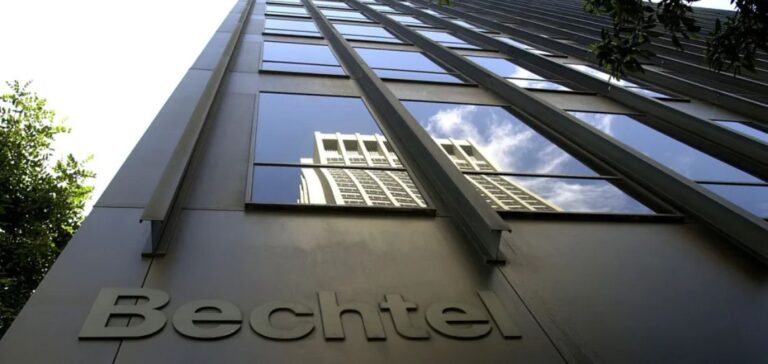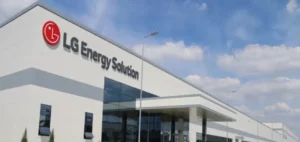Bechtel Corporation has confirmed the start of construction at the Thacker Pass industrial complex in northern Nevada, following the final investment decision by Lithium Americas Corp. This project, operated through a joint venture with General Motors Company, is backed by a $2.26bn loan granted by the United States Department of Energy. Thacker Pass currently represents the world’s largest measured lithium reserve.
The site will cover 642 acres and will feature over 55,000 square metres of buildings dedicated to processing, management, and logistics activities. Once operational, the complex is expected to produce eight times the current total lithium carbonate output of the United States. This capacity is aimed at supporting the development of a domestic supply chain for critical materials essential to the energy storage industry.
Strategic funding to secure domestic supply
The federal loan is part of the U.S. government’s strategy to reinforce national energy security through domestic resource development. Bechtel is serving as the primary contractor for engineering, procurement, and construction management. Initial project phases, including site grading and procurement of long-lead equipment, are already underway.
The facility’s energy needs will be partially met by an on-site power plant, powered by excess heat from an integrated sulfuric acid plant. This system will supply electricity with no direct carbon emissions to support the lithium processing operations.
Regional sourcing and economic impact
Materials and equipment will be procured as much as possible from suppliers located in northern Nevada. This includes industrial components such as processing tanks, concrete, and steam generators. A university study estimates that construction and operation activities will generate more than $1bn in annual economic impact.
Approximately 2,000 direct jobs will be created during the construction phase. Bechtel has signed a labour agreement with the North America’s Building Trades Unions (NABTU) to develop apprenticeship programmes aimed at training the local workforce. These programmes are designed to meet project requirements and support long-term growth of the construction sector.
Industrial continuity in Nevada’s development
Thacker Pass continues Bechtel’s longstanding involvement in Nevada, where the company previously contributed to the construction of the Hoover Dam in the 1930s. The new complex represents a key milestone in the broader U.S. industrial effort to develop a self-sufficient energy and storage production chain.
Ailie MacAdam, President of Bechtel Mining & Metals, stated that the project plays a central role in maintaining U.S. economic competitiveness. According to her, Thacker Pass will enable a fully domestic battery production chain, from raw material extraction to processing, addressing the growing demands of the energy sector.





















